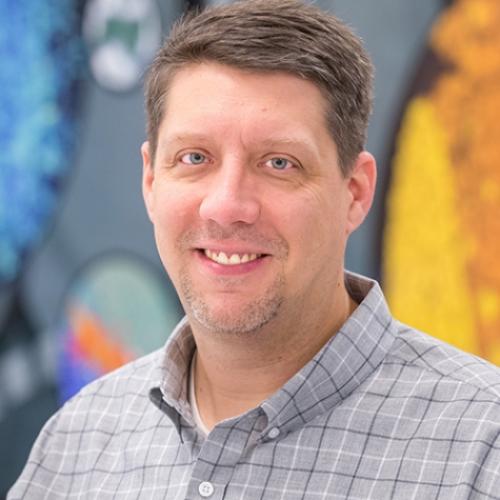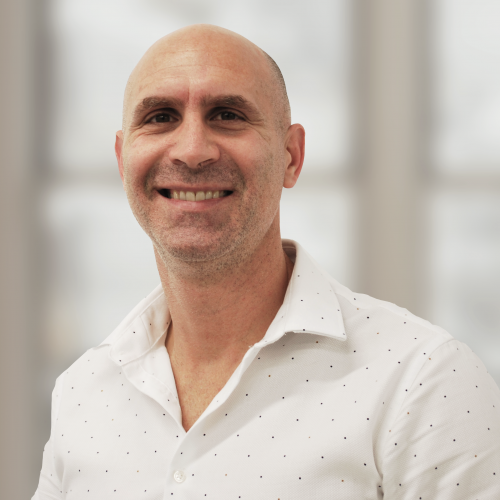Silicon Architecture Optimized by Application Software, or Integrating Existing Hardware Solutions?
Traditional embedded development that emphasizes a hardware-lead implementation approach might not be suited for the next generation AI and HPC applications. The need for specific algorithms, training and tuning, and managing large amounts of data are just some of the early, upfront software considerations in a heterogeneous environment. Companies, research organizations and government institutions are beginning to consider a software-driven hardware design these next-generation solutions.








